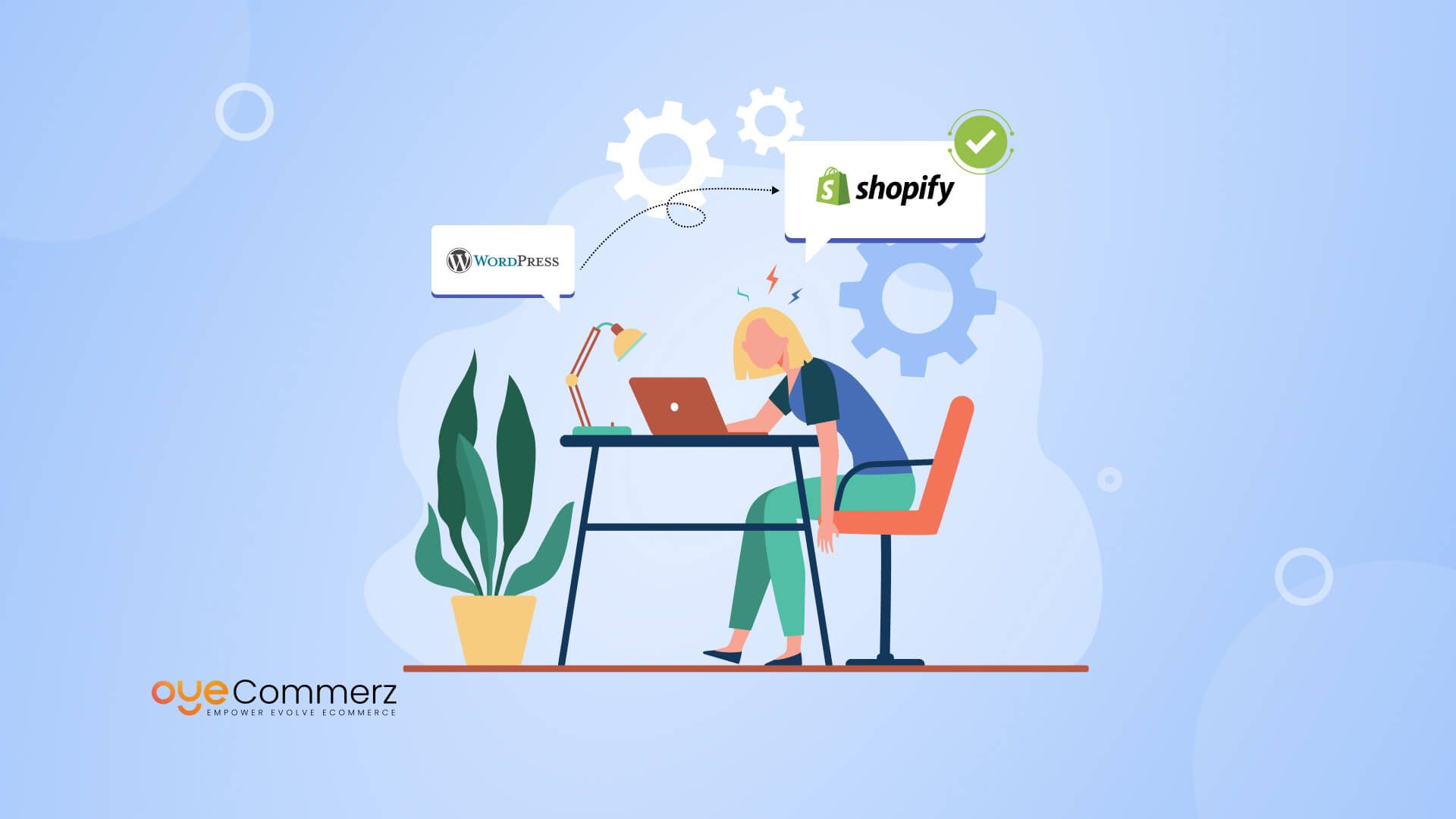In the constantly changing landscape of digital commerce, picking the optimal solution is essential for your company’s growth. If you’re at the moment using WP and planning a migration to Shopify, you’re not by yourself. Countless businesses are shifting to utilize Shopify’s powerful capabilities, simplicity, and scalability. This guide will take you through the journey of migrating from WordPress to Shopify smoothly, guaranteeing that you unlock your online retail potential.
Why Transition from WP to Shopify?
Ahead of starting the migration procedure, it’s crucial to know why this transition can be helpful for your digital storefront:
User-Friendly Interface: Shopify offers an intuitive interface that streamlines store operations, making it easier for non-technical users.
Scalability: As your brand expands, Shopify can handle greater traffic and transactions without compromising speed.
Integrated Features: Shopify includes pre-installed tools for search engine optimization, analytics, payment processing, and additional functionalities, reducing the necessity for several plugins.
Advanced Safeguards: With Shopify, you utilize advanced security measures that safeguard confidential customer information.
Steps for a Seamless Migration
Migrating your online store from WP to Shopify requires several actions.
Here’s the way to ensure a hassle-free transition:
Outline Your Migration Strategy
Begin by outlining your migration blueprint. Pinpoint which components of your present site you plan to move, such as:
Product data
Customer information
Transaction records
Blog content
Pick the Right Migration Solution
Depending on your requirements, select a migration package that fits your business. OyeCommerz provides multiple choices:
Entry-Level Plan: Perfect for boutique stores with Shopify design customization minimal products.
Regular Option: Suitable for mid-range businesses with moderate requirements.
Advanced Plan: Best for high-volume stores requiring broad customization.
Save Your Information
Ahead of beginning the migration, guarantee that you have a full copy of your WordPress site. This step is crucial in case anything goes off track during the transfer.
Retrieve Your Data from WordPress
Leverage extensions or manual methods to extract essential data from your WP site:
Inventory
Customers
Orders
Blog posts
Import Content into Shopify
After you have your information exported, use Shopify’s import tools or external apps to transfer your information into your Shopify store. Confirm that all content is accurately formatted and aligned.
Customize Your Shopify Site
Following migrating content, customize your Shopify store’s design to reflect with your business goals. Think about hiring a specialist if you require complex customization.
Configure Checkout Systems and Logistics
Configure transaction methods and logistics options in Shopify to facilitate a user-friendly checkout experience for customers.
Implement SEO Standards
To maintain your SEO performance during the transition:
Implement 301 redirects from existing URLs to updated ones.
Update descriptions.
Enhance images and copy for search engines.
Test Your Migrated Store
Before publishing, extensively check your new store. Identify any broken links, checkout failures, or untransferred content.
Go Live Your Store
Once everything is in place, it’s the moment to go live! Inform the change to your customers and encourage them to explore the updated offerings of your Shopify store.
Post-Migration Support
Post publishing your new store, ongoing support is essential. Explore engaging professionals who can guide with:
Site maintenance
Promotional campaigns
Improvement strategies
Conclusion
Migrating from WordPress to Shopify can be a transformative move for your online retail. By following this guide and working benefits of Shopify over WordPress with professional services like those offered by dedicated providers, you can achieve a seamless transition that enhances your digital storefront. Adapt to the opportunity and unlock the potential of Shopify today!
